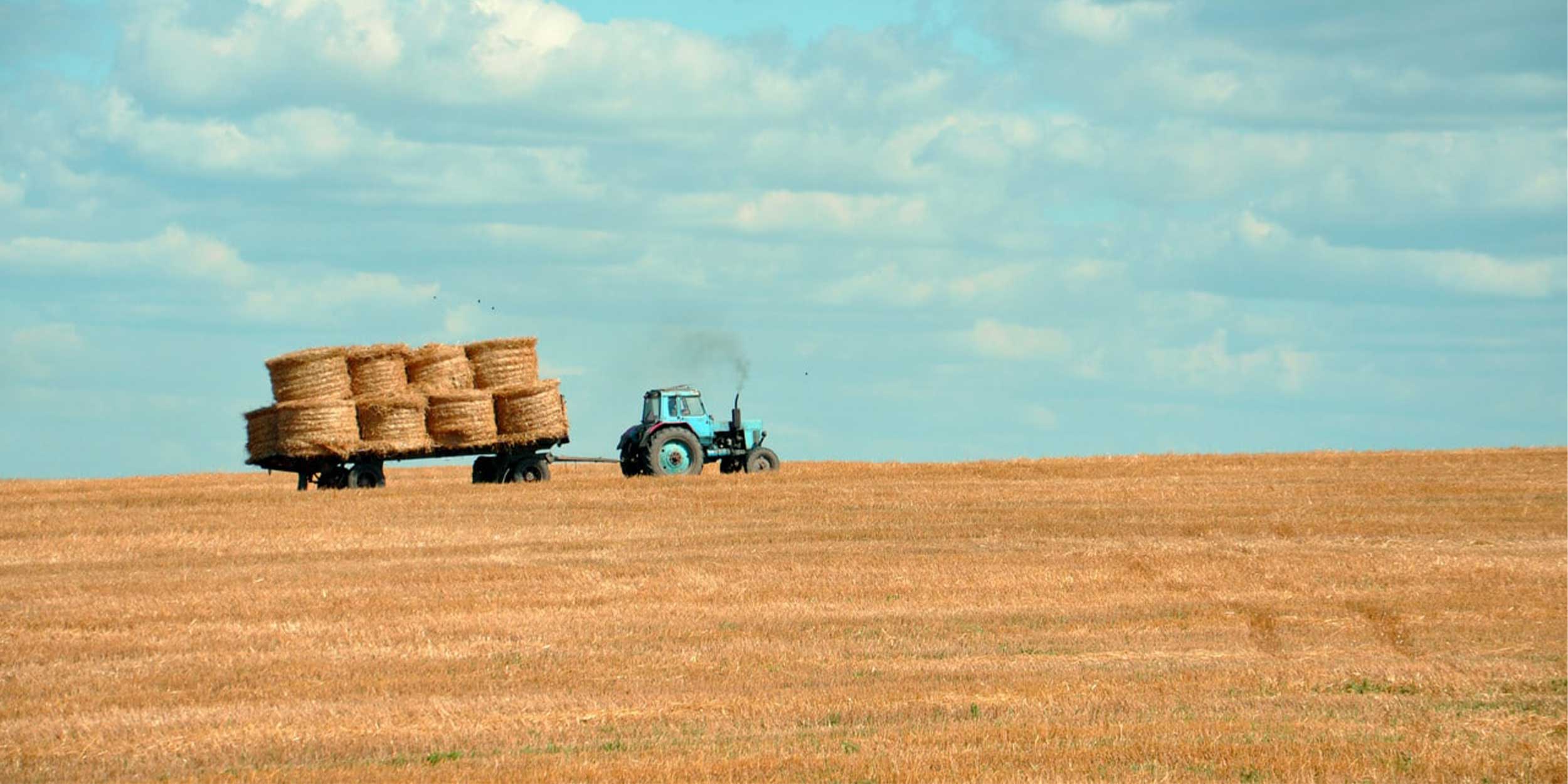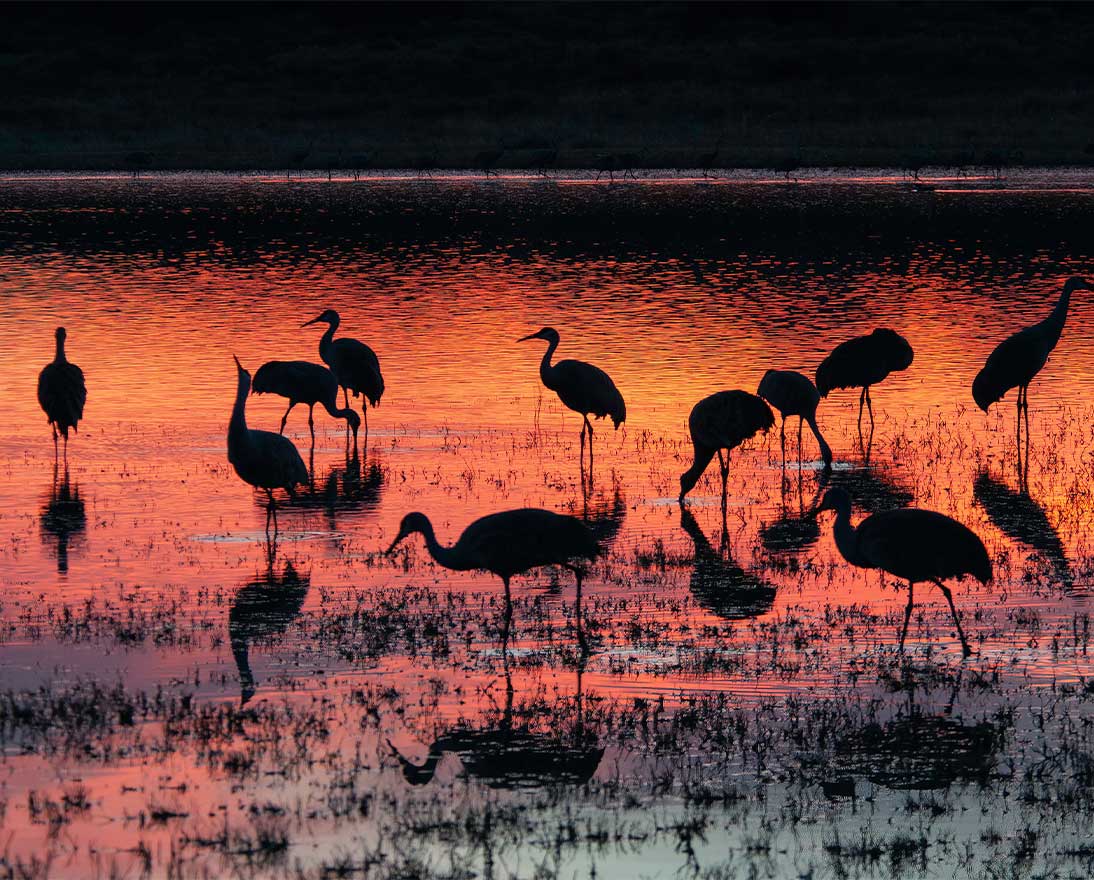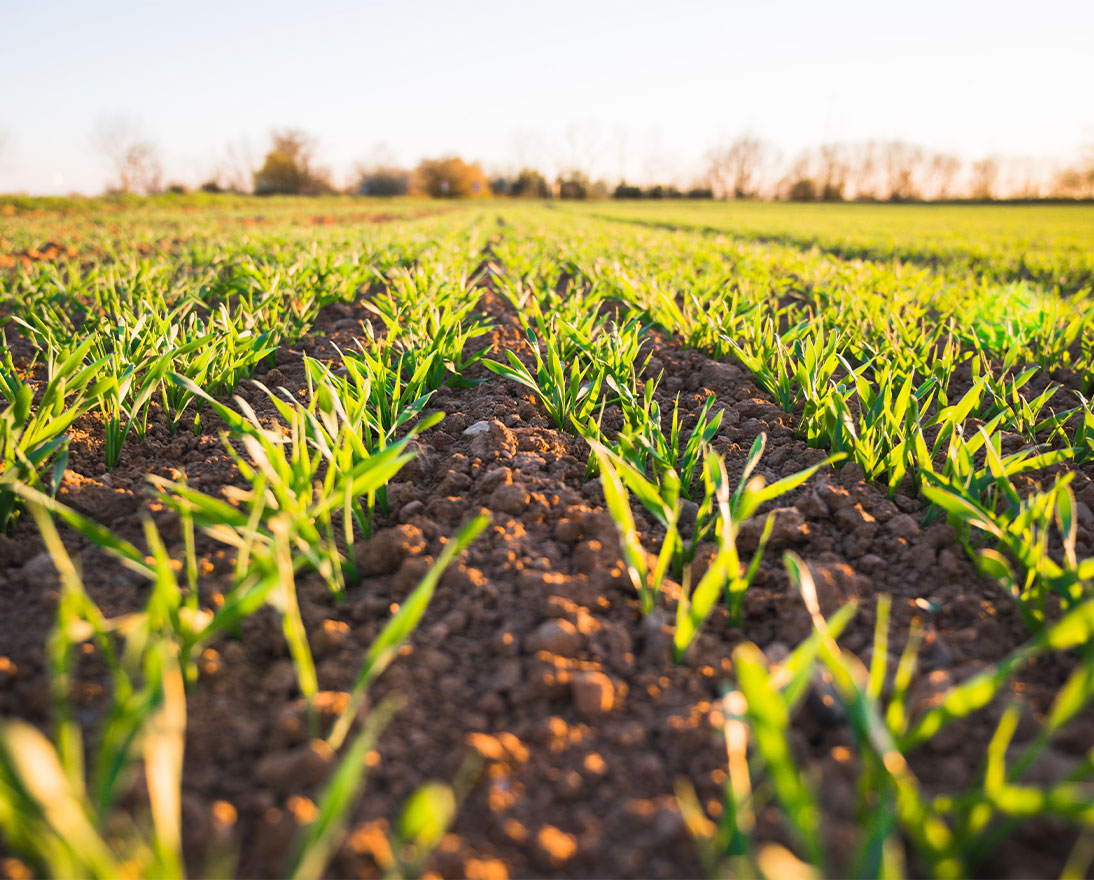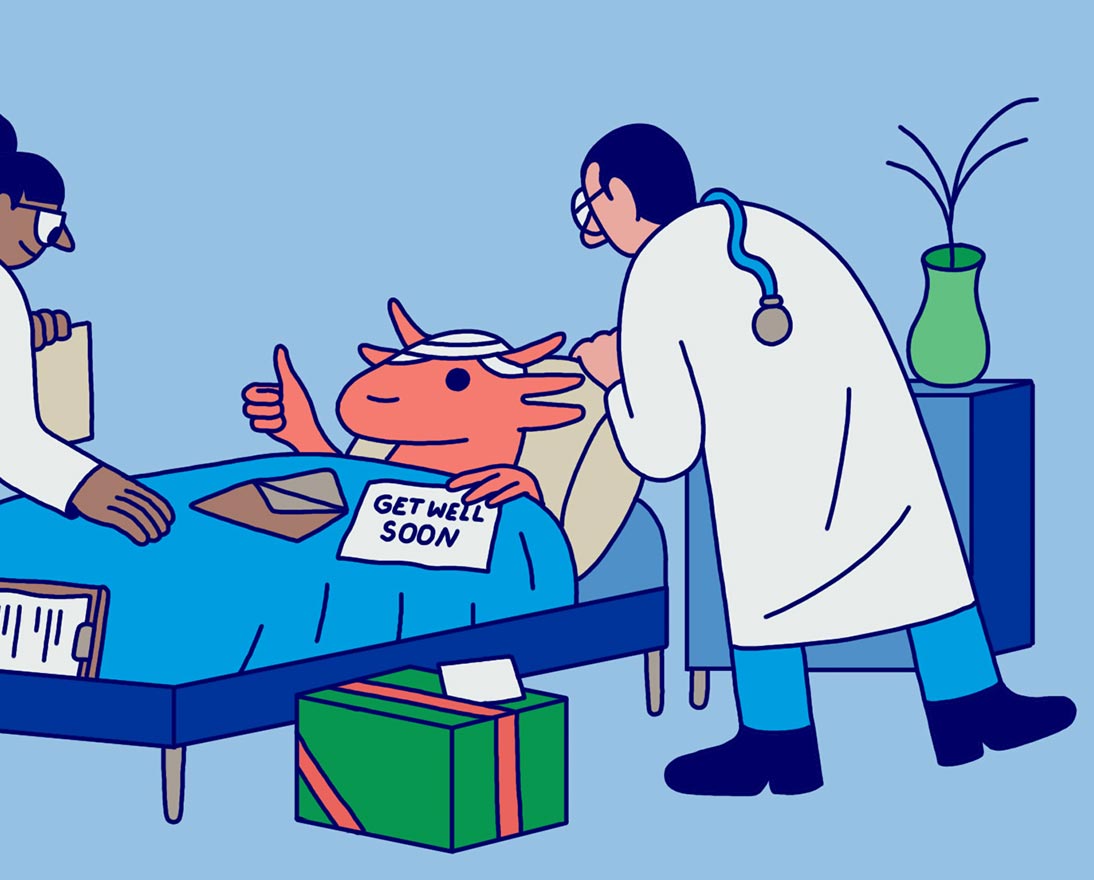How does biodiversity impact food security?
BiodiversityArticleJanuary 13, 2023
Our farming and agricultural methods are accelerating biodiversity loss. But food production will be one of the first things to suffer if the situation continues unchecked. Here we explore the relationship between biodiversity and global food security.
Imagine a world with no coffee, no cornflakes – and no guarantee against hunger. Or even a world without crops like cotton or the plants that help us manufacture modern medicines. It may sound apocalyptic but that’s the scenario we could all face if we don’t address the crisis of biodiversity loss.
Biodiversity is a term to describe the variety and variability of life on this planet, from the biggest mammals to microscopic single-cell organisms. This diversity of life and the interactions between each organism are what create the natural ecosystems that in turn regulate the environment and make Earth habitable. But it’s under immense threat with biodiversity?declining faster than at any time in human history.
We need to reverse this decline because biodiversity is vital to our planet. It is the life support system for humanity. Biodiversity sustains the quality of the air and soils; distributes fresh water; regulates the climate; provides pollination and pest control; absorbs carbon emissions and reduces the impact of natural hazards. Biodiversity also underpins the world’s food system.
It means that biodiversity and food security are interlinked. But our farming and agricultural methods – as well as our industrial practices – are accelerating biodiversity loss. Many agricultural and industrial practices cause deforestation, pollution of groundwater and the loss of wetlands and coral reefs, which means about 1 million animal and plant species are threatened with extinction, many within decades, according to Intergovernmental Science-Policy Platform on Biodiversity and Ecosystem Services (IPBES).
How does agriculture affect biodiversity?
The global food system is the primary driver of biodiversity loss on the planet. With 7.7 billion mouths to feed, more and more land is being given over to food production, causing habitat loss around the world and stripping vast swathes of land of its biodiversity. According to researchers, the area given over to agriculture now accounts for around half of the planet’s habitable land.
Converting land to agriculture doesn’t just destroy natural ecosystems such as prairies, grasslands and forest, it also deprives wildlife of the food sources and shelter they depend upon to survive. Beyond the destruction of ecosystems, the intensification of farming is also driving biodiversity loss.
Why biodiversity matters to you: Coffee
Your morning cup of coffee may be at risk due to biodiversity loss. According to a recent study, at least 60 percent of the world’s 124 species of wild coffee are on the edge of extinction. Crucially it is wild coffee that safeguards the future of the planet’s crop, which is under threat as a result of biodiversity loss. It’s no surprise then that experts predict that global coffee production faces a critical risk.
With demand for ever higher yields, farmers are increasingly turning to pesticides, fertilizers and damaging techniques that have an adverse impact on nearby flora and fauna. Finally, food production is responsible for one-quarter of the world’s greenhouse gas emissions that contributes to climate change which is in turn accelerating biodiversity loss across the planet.
And it’s not just on land where agriculture’s impact is being felt either. In mangroves, oceans, lakes and rivers, biodiversity loss is also having a critical impact on our all-important ecosystems.
Agriculture isn’t just one of the primary drivers behind rapidly accelerating biodiversity loss; it’s also one of the areas of our lives that will be most impacted by it. The United Nations’ Food and Agriculture Organization (FAO) recently warned that biodiversity loss is threatening the security of the world’s food supply, as well as the livelihoods of millions of people who work in the industry.
“Less biodiversity means that plants and animals are more vulnerable to pests and diseases,” said FAO’s Director-General José Graziano da Silva. “Compounded by our reliance on fewer and fewer species to feed ourselves, the increasing loss of biodiversity for food and agriculture puts food security and nutrition at risk.”
Put simply, less biodiversity means less of the plants, animals and microorganisms that are critical to pollination, cleaning water and keeping soil fertile. That makes it harder for the agriculture industry to grow the crops that are needed to feed our ever-growing population.
Even more concerning is the impact that biodiversity loss may have on global food security. According to the FAO, nine of the 6,000 plant species that have been cultivated for food account for 66 percent of total crop production on the planet. It’s a perilous position. And without the natural shield that genetic diversity provides, agriculture is less resilient to threats such as disease, pests, extreme weather and climate change.
“Agriculture and commercial forestry, in striving for greater productivity and specialized produce, reduce the variants of crops and plant monocultures,” adds John Scott, Head of Sustainability Risk at Zurich Insurance Group. “So they create the very problem which threatens their future success.”
Why biodiversity matters to you: Corn
Humans have cultivated corn for more than 9,000 years. But as demand for corn and corn-based products has soared, more and more land has been given over to its production leading to alarming biodiversity loss. Perhaps more concerning is the loss of diversity within the crop itself. Studies have pointed to a troubling erosion of genetic diversity within corn crops, which could impact this vital crop’s ability to fight environmental threats such as climate change and disease in the future.
Halting biodiversity loss
Efforts are finally being taken by governments to protect biodiversity. At COP15, shorthand for the 15th meeting of the Conference of the Parties to the UN Convention on Biological Diversity (CBD), countries struck a historic deal on protecting and restoring nature at the summit that took place in Montreal, Canada, from December 7-19, 2022.
At the biggest biodiversity conference in a decade, they adopted the Kunming-Montreal Global Biodiversity Frameworkagreeing to conserve and manage at least 30 percent of the world’s lands, inland waters, coastal areas and oceans. With emphasis on areas of particular importance for biodiversity and ecosystem functioning and services. Currently only 17 percent and 10 percent of the world’s terrestrial and marine areas respectively are under protection.
There will be targets for protecting vital ecosystems such as rainforests, wetlands, grasslands and coral reefs. The agreement also has targets to reform USD 500 billon of environmentally damaging subsidies and includes urgent actions to halt human-caused extinctions of species known to be under threat and to promote their recovery.
It is an ambitious agreement, but it is not legally binding. Instead, governments will be tasked with showing their progress on meeting the targets with national biodiversity plans.
But we cannot just rely on our governments to protect the planet’s biodiversity. We all must face up to the role that we play in biodiversity loss, starting with the food on our plates.
5 things you can do to fight biodiversity loss today
- Buy organic and sustainable wherever possible.
- Reduce, reuse and recycle.
- Use environmentally friendly products for cleaning.
- Reduce the use of harmful pesticides and fertilizers in your garden.
- Start composting.



